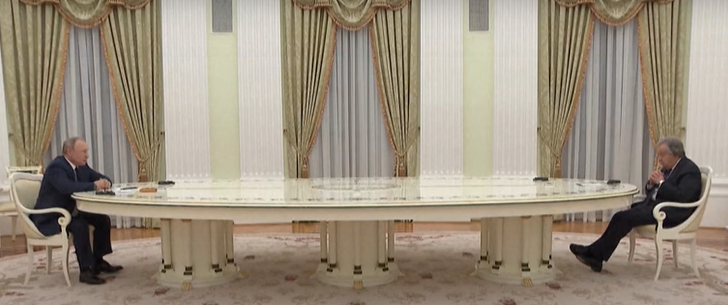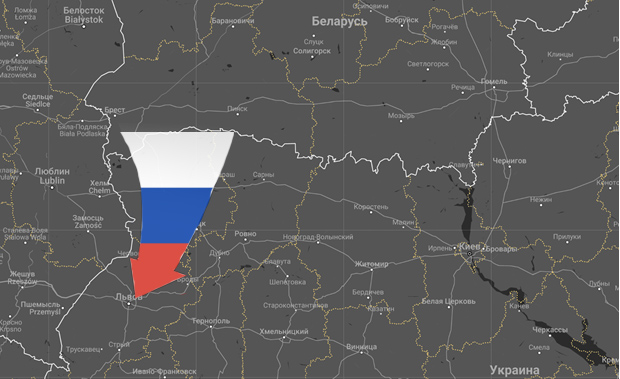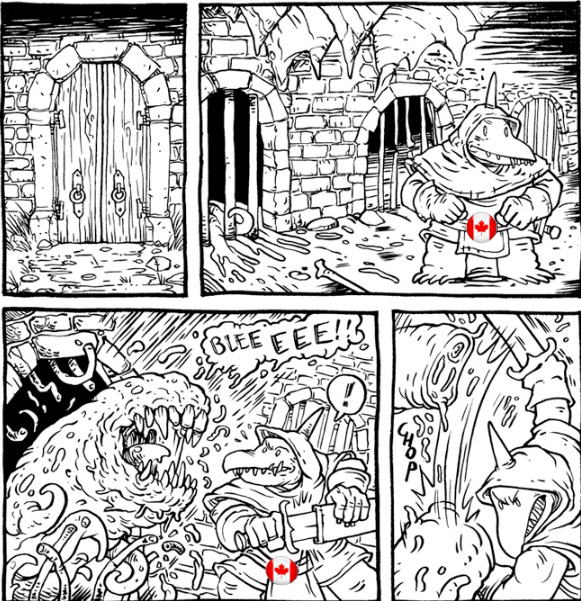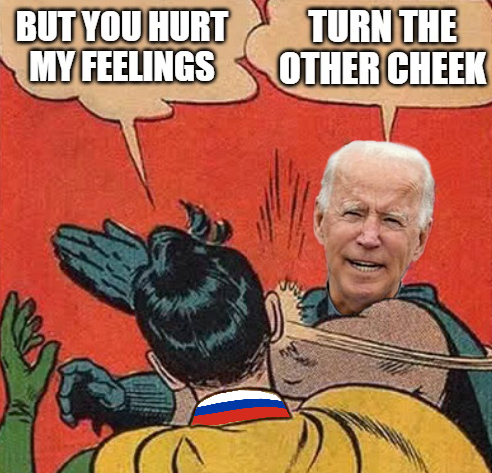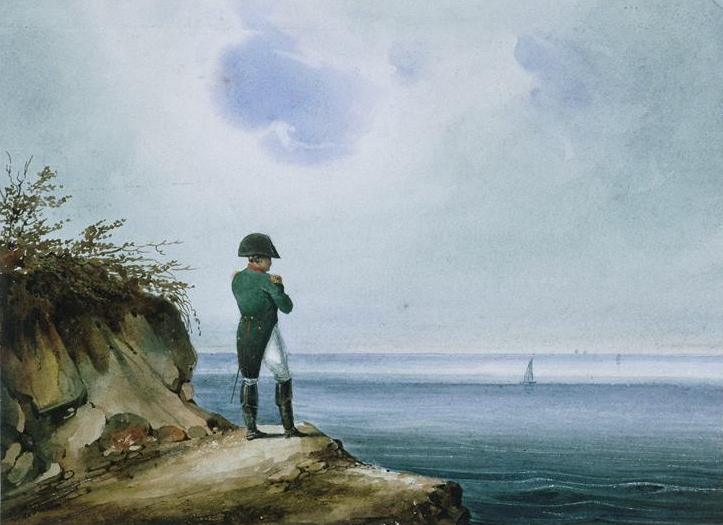

By John Helmer, Moscow
@bears_with
The problem with living in exile is the meaning of the word. If you’re in exile, you mean you are forever looking backwards, in geography as well as in time. You’re not only out of place; you’re out of time — yesterday’s man.
Ovid, the Roman poet who was sent into exile from Rome by Caesar Augustus, for offences neither Augustus nor Ovid revealed, never stopped looking back to Rome. His exile, as Ovid described it, was “a barbarous coast, inured to rapine/stalked ever by bloodshed, murder, war.” In such a place or state, he said, “writing a poem you can read to no one is like dancing in the dark.”
The word itself, exsilium in Roman law, was the sentence of loss of citizenship as an alternative to loss of life, capital punishment. It meant being compelled to live outside Rome at a location decided by the emperor. The penalty took several degrees of isolation and severity. In Ovid’s case, he was ordered by Augustus to be shipped to the northeastern limit of the Roman empire, the Black Sea town called Tomis; it is now Constanta, Romania. Ovid’s last books, Tristia (“Sorrows”) and Epistulae ex Ponto (“Black Sea Letters”), were written from this exile, which began when he was 50 years old, in 8 AD, and ended when he died in Tomis nine years year later, in 17 AD.
In my case I’ve been driven into exile more than once. The current one is lasting the longest. This is the one from Moscow, which began with my expulsion by the Foreign Ministry on September 28, 2010. The official sentence is Article 27(1) of the law No. 114-FZ — “necessary for the purposes of defence capability or security of the state, or public order, or protection of health of the population.” The reason, a foreign ministry official told an immigration service official when they didn’t know they were being overheard, was: “Helmer writes bad things about Russia.”
(more…)

